Marc has lived every professional comics dream: to make it big in the industry.
I have a sense that Lex Luthor was important in the DC Universe.
But, yeah, I had no idea.
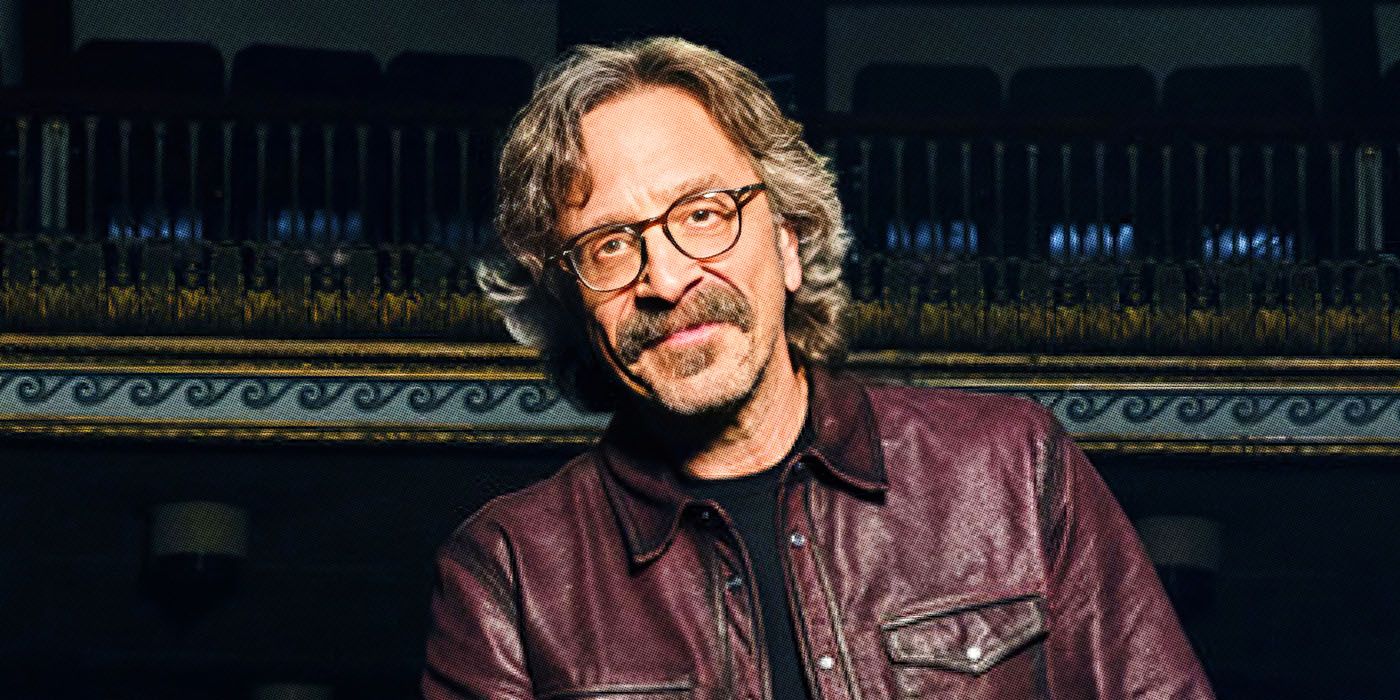
Image by Photagonist
Nor would I have thought it would happen.
Did you enjoy that experience?
MARON: I think so.
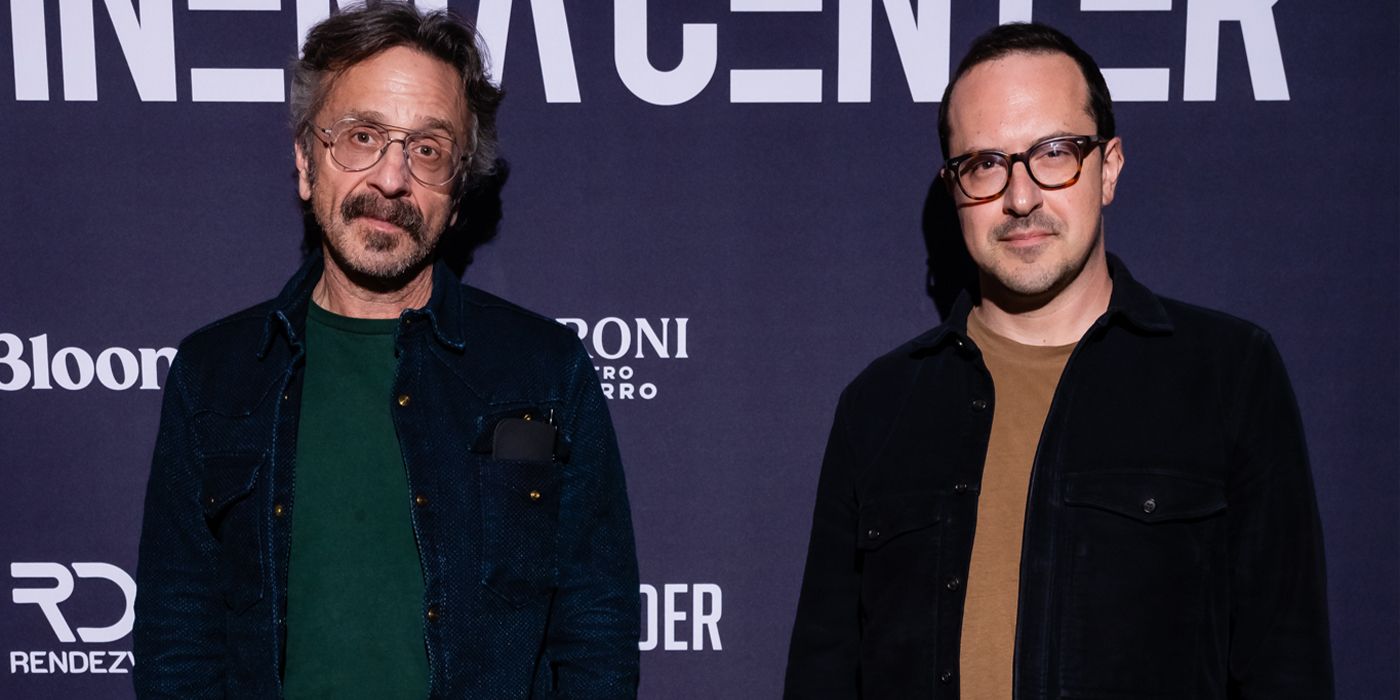
Image by Photagonist
When you do voiceover for animated things, you don’t always know really what’s happening.
And I’m like, Oh yeah, I haven’t seen that.
My other thing, if you don’t mind.
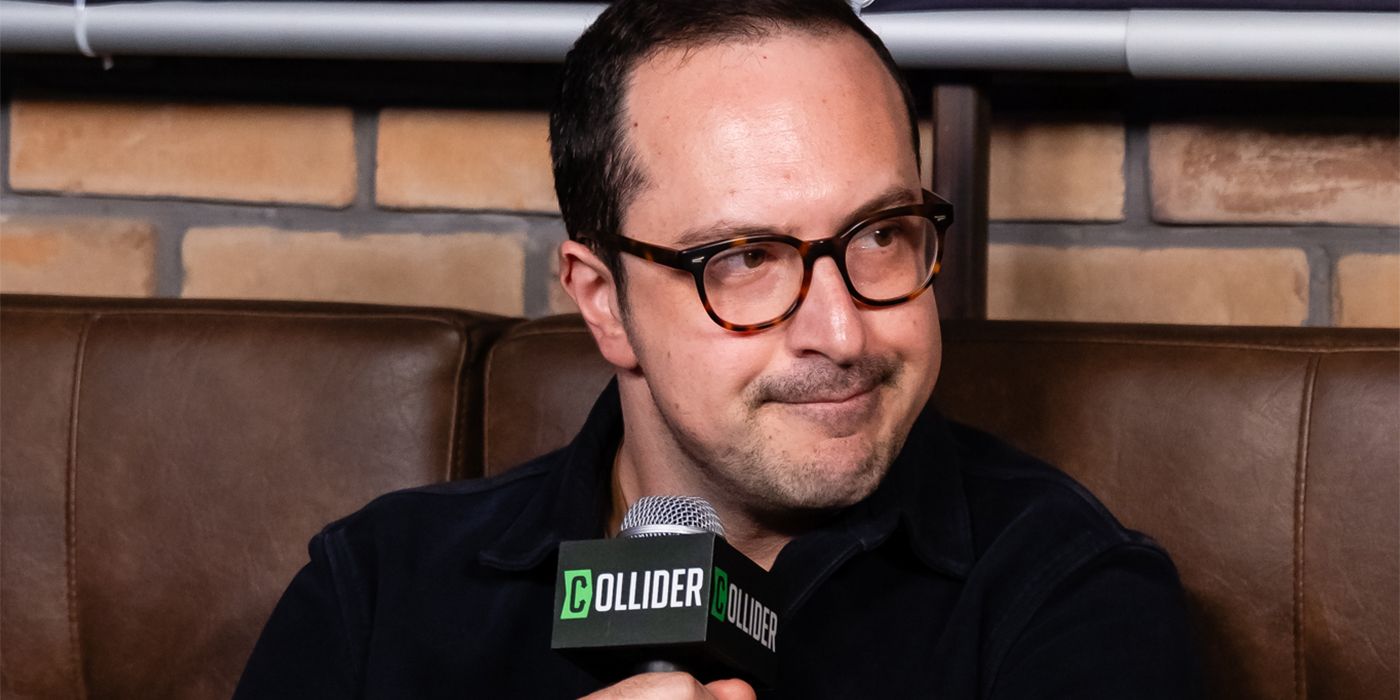
Image by Photagonist
I love the movieAlmost Famous.
And you were an angry promoter.
MARON: That’s right.
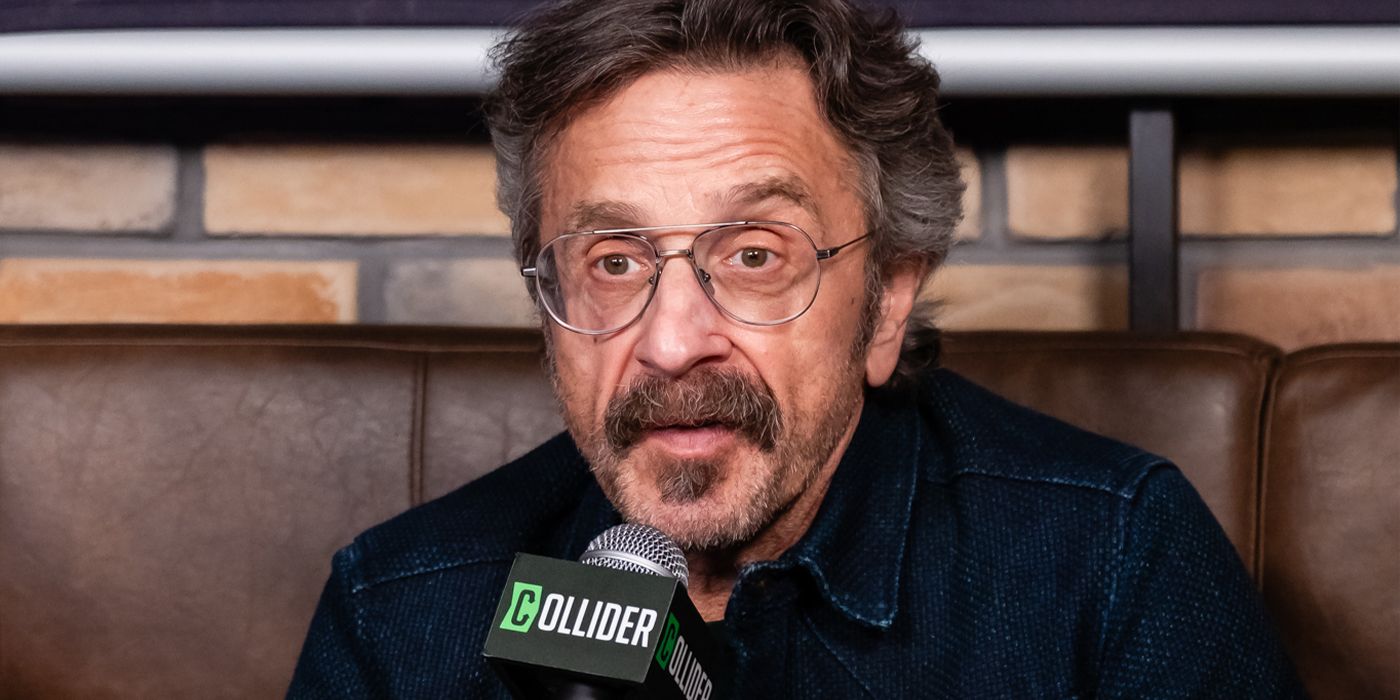
Image by Photagonist
What do you remember about that experience?
That was early in your acting career.
MARON: Yeah, there was a big gap.
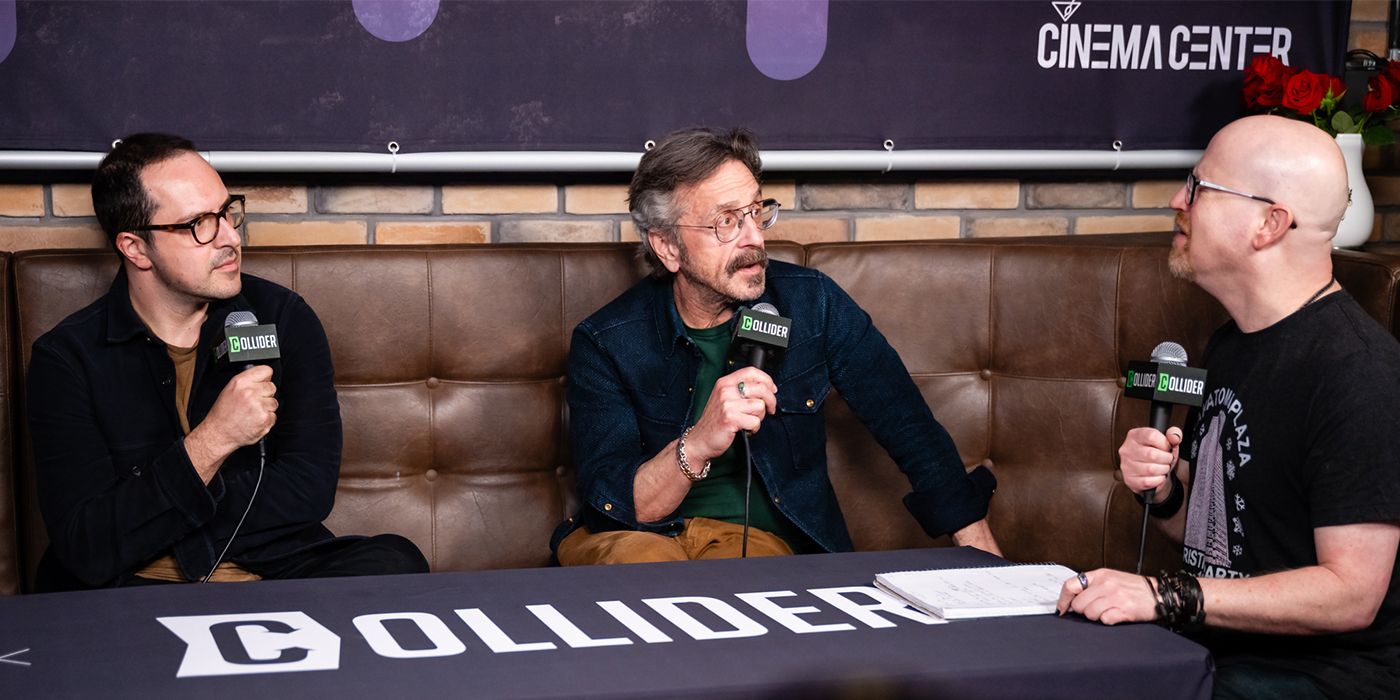
Image by Photagonist
I think about 20-year gap between parts.
What I remember were two things.
Cameron Crowe was very nice.
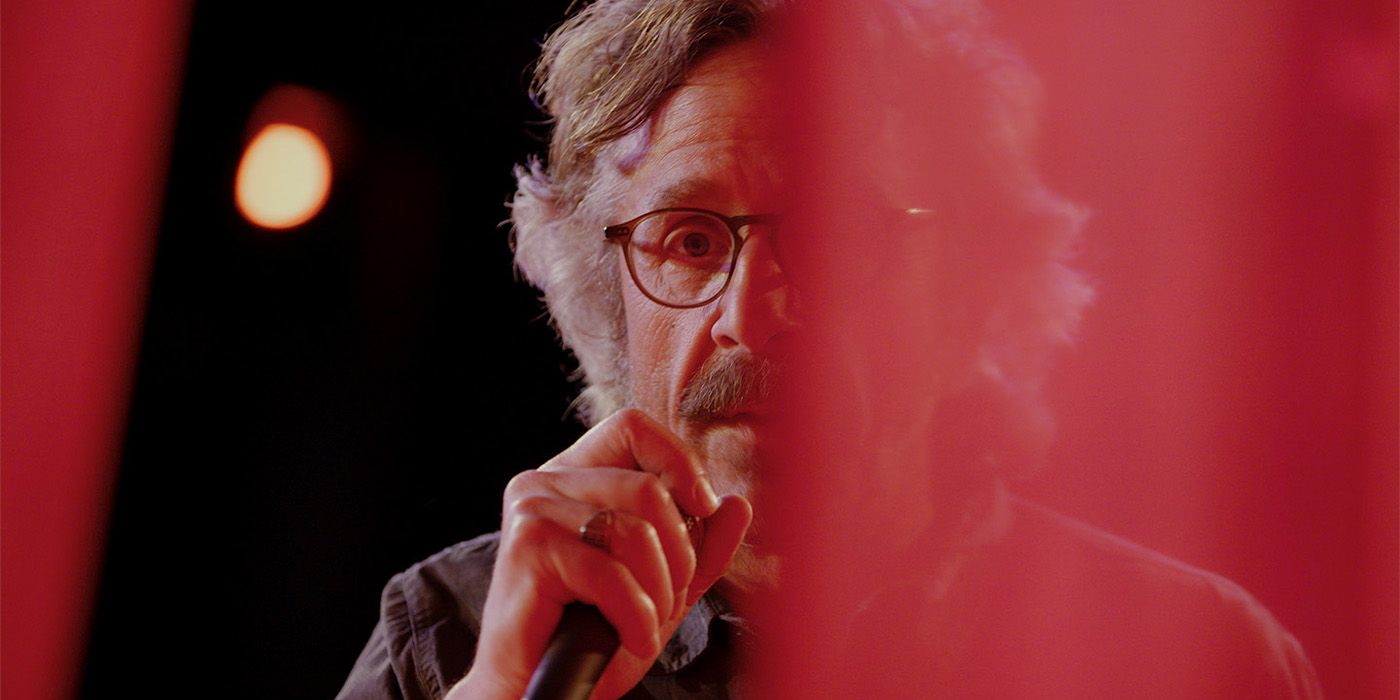
Image via SXSW
I had that small part, and he had dinner with my wife at the time and myself.
He was into hanging out with a guy who had two lines.
The other thing was, I didn’t really know the difference between this sort of B-unit crew.
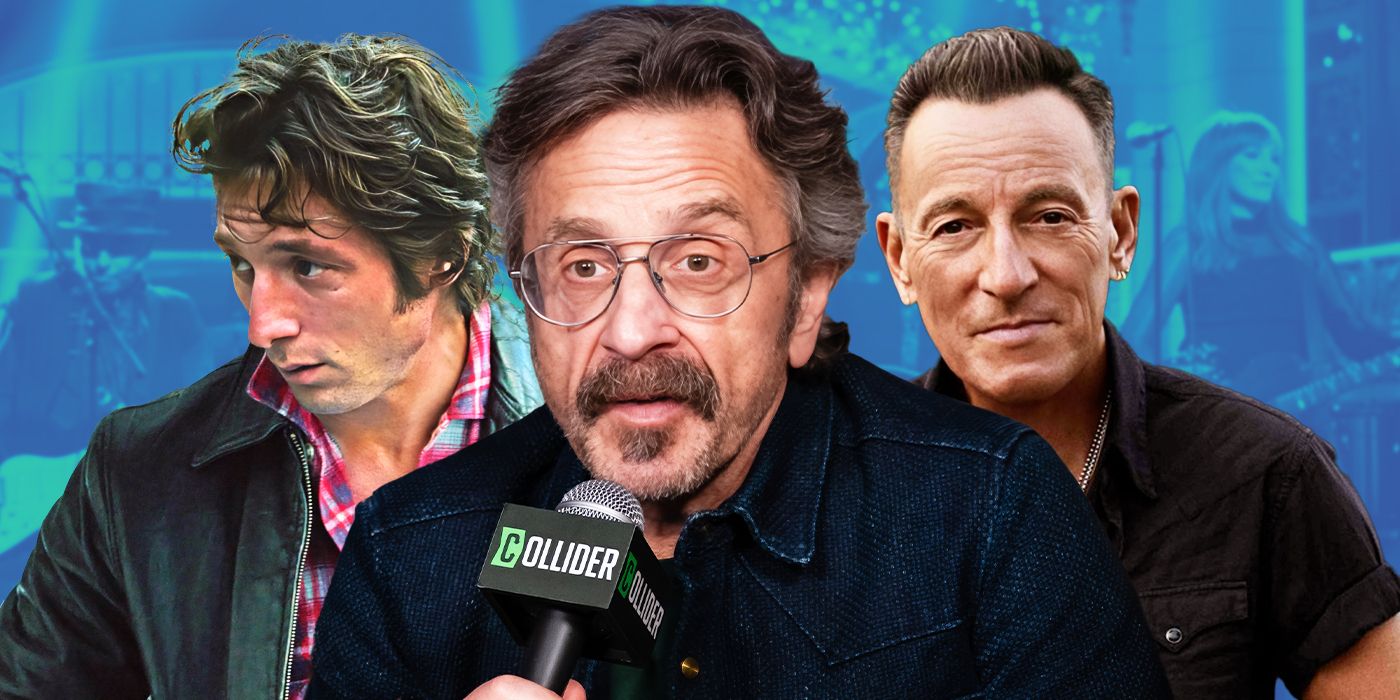
Photo by Jefferson Chacon
When I was driving up that ramp, chasing the bus, everyone else had gone.
Jumping into why I get to talk to you guys.
You guys have worked together before.
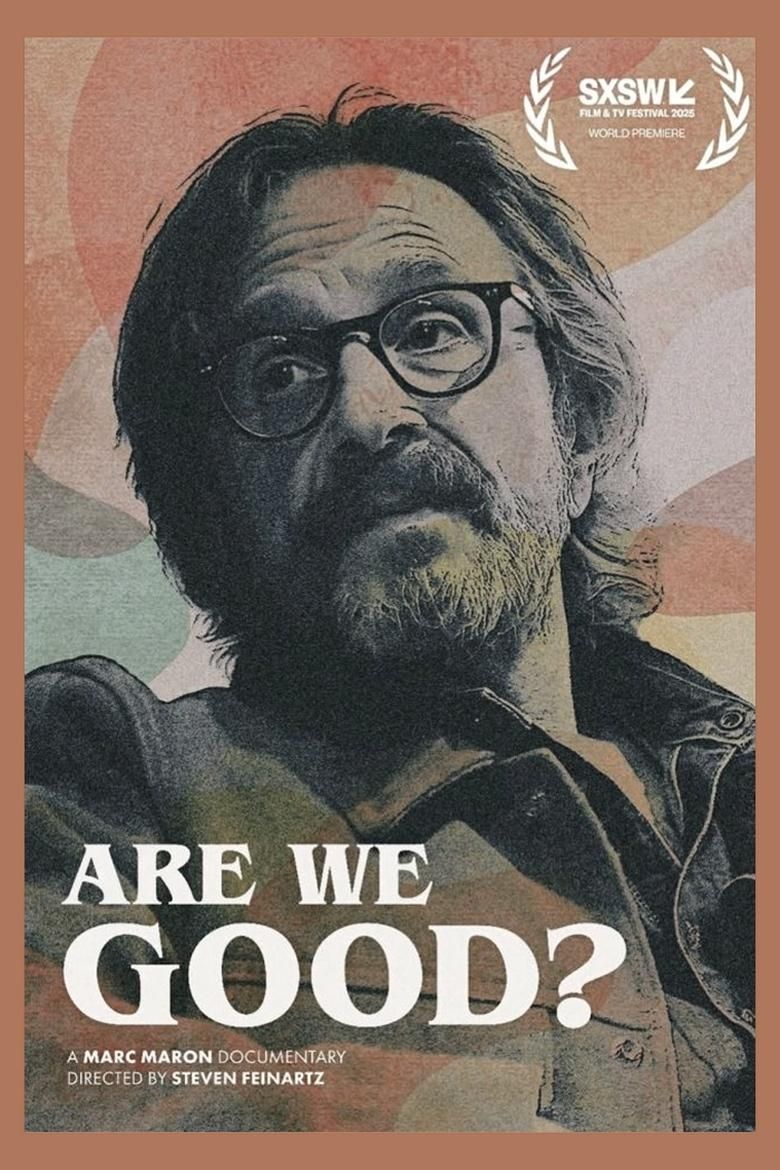
You’re obviously friends.
When did you realize that you wanted to make this film?
When did you realize you were okay with making this film?
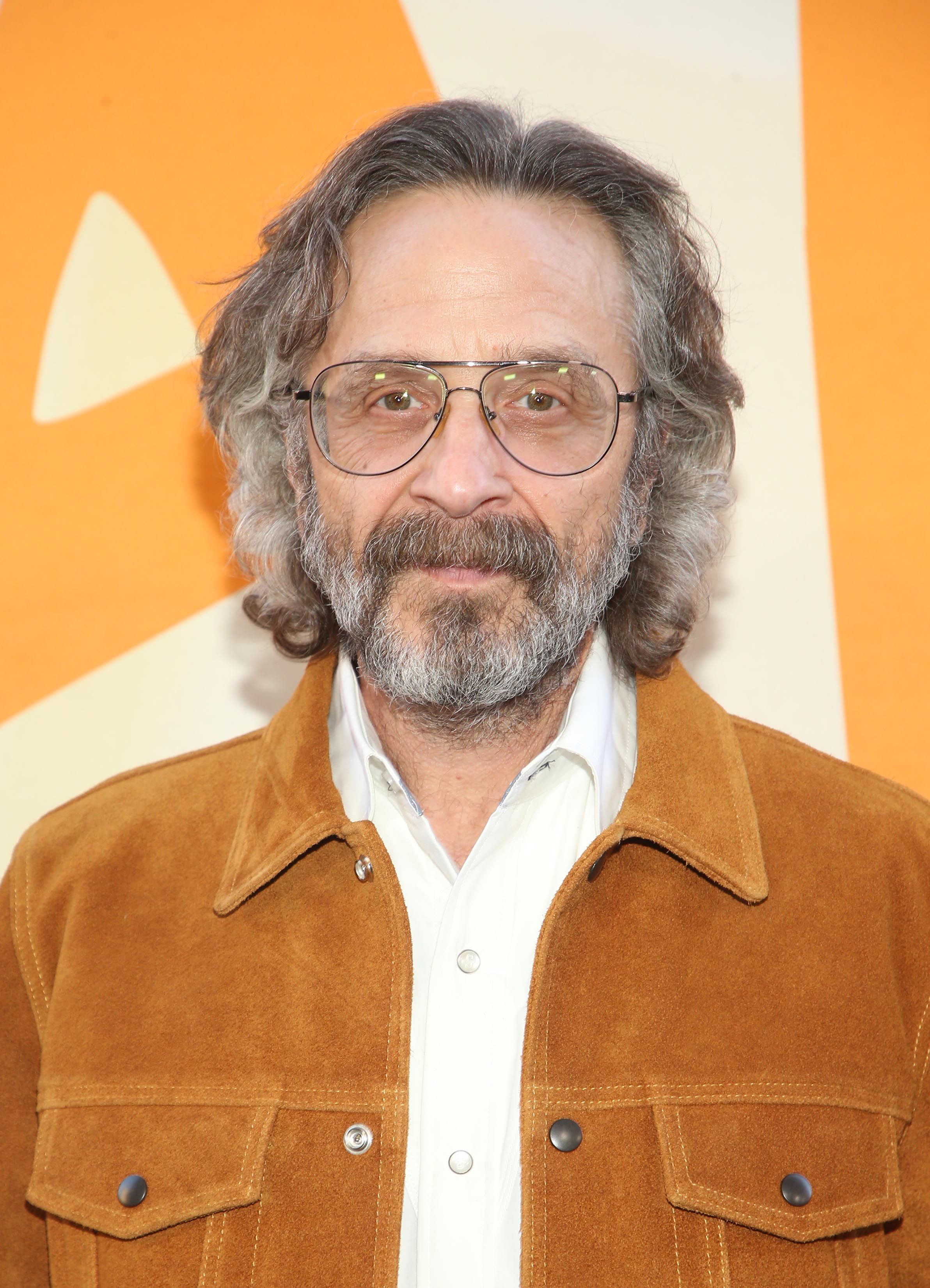
STEVEN FEINARTZ: We talked about making the film in April of 2021.
That’s kind of when it started.
But once we started shooting, I was very comfortable.

I knew we had something unique for sure.
I liked his work, and he’d always been around comedy.
He expressed interest, and I said, Why?
And then he expressed interest again.
I said, No!
And then maybe the sixth or seventh time, I’m like, Okay, go ahead.
What is it actually like when you’re following him around and filming?
MARON: Oh my god, so much.
He was around, like, always, it felt like.
Then I’d be like, No, how much more do we have to do?
And he’s like, Just a little more.
Just a little bit.
Then that would go on for ayear.
FEINARTZ: I kept annoying you at the Comedy Store.
MARON: For a while.
But once we got it going, it was fine.
But I felt like it was never-ending.
MARON: Well, it’s a little heightened.
you’re able to’t claim to not know it’s there.
Because I’m a performer, there is an element of being conscious of the camera.
FEINARTZ: Well, that’s why you overshoot in these documentaries, too.
MARON: You gotta wait until the performer stops performing.
FEINARTZ: Yeah, you gotta wear ‘em down a little bit.
I would imagine that’s true.
When you start filming at the beginning of the day, the camera’s there.
But after five hours, maybe you shut off to it.
MARON: Well, yeah, but it’s a matter of engagement.
If I’m talking to him, I’m going to shift gears.
But there’s an impulse to address the camera.
FEINARTZ: Most of the film was just me and a camera with Marc.
We didn’t have a big crew.
Only on certain days, but mostly it was just a one-off thing.
I think the film is fantastic, but I do have one note and one objection to the edit.
I really loved him with his cats.
I am a big cat person, and there really wasn’t enough footage of that.
That’s a real problem for me, so can you c’mon address that as the director?
MARON: I think we got the all in there.
FEINARTZ: I think they were definitely in there.
Yeah, you’re being facetious, but yeah.
I’m not being facetious.
I’m dead serious.
MARON: That’s a different documentary.
FEINARTZ: There are a lot of cats in this one.
MARON: It’s a documentary calledMarc’s Cats.
And I’m fine with that.
MARON: Yeah, yeah, yeah.
That’s a whole other movie.
We’ll get to work on that one.
I love animals, I love cats, I love dogs.
There’s always a lot of animals around.
I just don’t live the life that would be good for a dog.
We had gotten another cat, Boomer,forButch.
Just very tired cats.
They just destroyed everything in my house.
It took years to make them calm, but they were the original cats.
That was Monkey and Lafonda, and then we had Boomer from when Butch was alive.
Was that in Queens or in L.A.?
MARON: That was L.A.
He just showed up.
He was too young to really be out in the wild.
I don’t know, he must have gotten away.
So we took him in.
I took him in and cleaned him up.
He’s there now, Monkey and Lafonda passed.
And then…
FEINARTZ: Sammy.
Sammy came from a litter of a friend of my girlfriend’s.
Then, again, Charlie was under my backyard.
I’ve always liked cats.
I have an adversarial relationship with a lot of them.
And I realized I don’t talk to them like regular cat owners.
I’m like, What’s going on, guys?!
So the cats are like, What?
Why’s he yelling?"
So, it took me a long time to realize.
I mean, I’ve calmed down with them, though.
I have to say, I really love what you do.
I also have done similar things, but respect.
MARON: Thank you.
I’m always fascinated by editing, and especially on a documentary when you have so much footage.
Talk a little bit about when you started filming.
FEINARTZ: No, we knew we were going.
That was the core of the film.
Marcs father became a part of the story, as well.
There were sort of new elements that came in later on as we were filming.
No major storyline changes.
I think your father would be the biggest one, being a part of the end.
In the last 30 minutes, his father becomes a bigger part of the story.
Are you watching cuts along the way, or are you only seeing it when he has a cut?
Then, when you watch it, how much are you like, This is pretty personal.
I don’t want this in there?
How much do you sort of like, It’s all okay?"
MARON: No, it was all okay.I trusted him with his vision.It’s his movie.
I had input in terms of just tightening it up a little bit.
The problems I had with it were cringey with me; they weren’t problems with the film.
They were just problems with me.
It’s kind of hard to see that stuff.
FEINARTZ: You were so minimal in terms of your notes.
You had, like, one thing, essentially.
MARON: On the people that you interviewed?
Can you put in one nice thing?
The film’s hard enough on me just as it is.
Have these guys talk me up a little bit."
And I thought that was a reasonable note.
MARON: Well, yeah.
There were things where I was like, I could probably tighten my belt.
My pants were falling down a lot.
Marc, I’m a huge fan of Scott Cooper.
You’re in the upcoming Bruce Springsteen film.
It’s a really big deal, a really big film.
He’s like, You don’t have to do it.
I just thought it would be fun.
I’m like, Alright, I’m sorry.
But I love Scott and I love his movies.
He’s got a very specific vision and it’s compelling.
He’s great, so I went out there.
The best part of it, really, was there was no reason for me to research this guy.
He was the engineer.
I just needed to work like I knew how to run a board.
They were hanging out the whole time.
So, Scott would yell cut, and then youd just go hang out with Bruce for a while.
So, that was pretty great.
I had interviewed him, so he knew me enough to hang.
So anytime you had a minute to get off the set, youd just go ask Bruce some questions.
He’s kind of a funny guy.
This cast and this lineup.
It’s a good story, man.
Your Rating
Your comment has not been saved